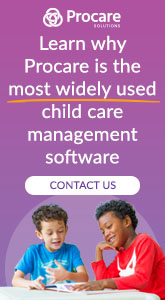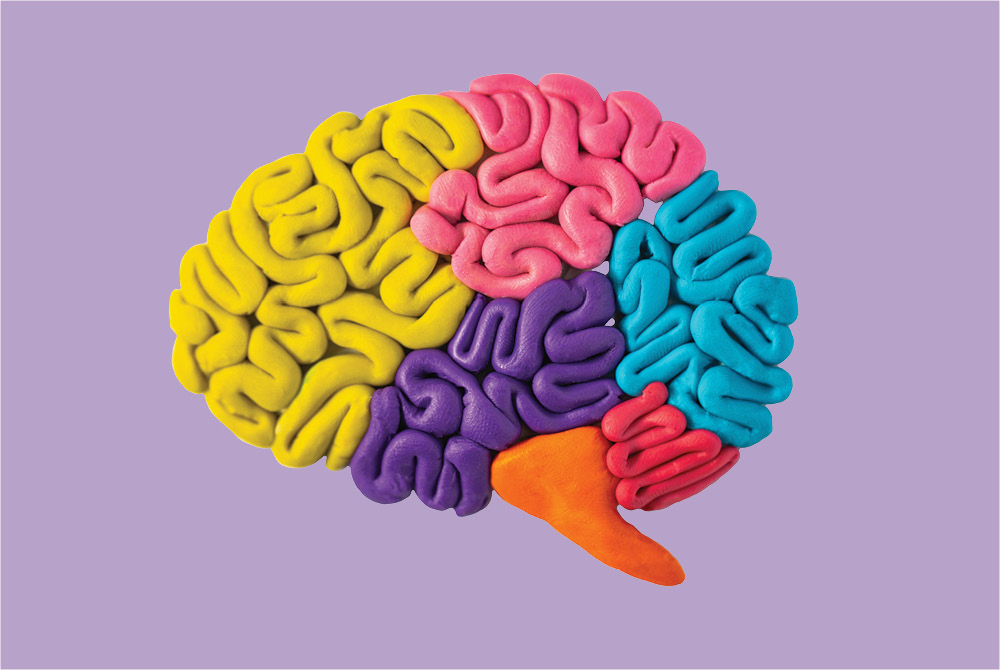June 3, 2025
Boosting Brains
With love and patience, nothing is impossible.
– Daisaku Ikeda
“The research is clear: Childrens’ developing brains are permanently altered by the corrosive effects of poverty,” proclaims an article in the Hechinger Report.
But there’s evidence that investments to alleviate poverty can help. The article’s author, Ariel Gilreath, writes that a “groundbreaking study…showed improved cognitive activity in babies whose families received monthly cash support for a year…Researchers from several universities placed 1,000 low-income mothers from across the country into two groups: One group received $333 monthly payments and the other received $20 each month. In both groups, the money came with no strings attached. After a year, babies whose mothers received the $333 payments showed more high-frequency brain activity.”
In other brain-related information, Kirsten Haugen, in the Out of the Box Training, “Brain-Based Approach to Behavior,” describes how brains react to conflict, including when children are in conflict with each other or with teachers. “These perceived threats are processed in the same way as physical threats, and the amygdala responds in the same way to focus our minds and bodies to react rather than to reflect…Learning will not occur while the brain is flooded with cortisol. Accept this and move on to some very helpful things you can do during an unteachable moment.”
Haugen suggests:
- “Keep your focus on calming things down, starting with yourself.
- Avoid trying to teach a lesson or make a point. It won’t be heard and it will likely prolong the conflict by keeping the child in a neurochemically-charged state.
- Recognize that the best time to confront the issue is later on, when all brains involved have returned to a receptive, reflective state.”
Share with the hashtag #ExchangeEveryDay
Print Friendly
Related
By Jamie Bonczyk, John Everett Till and Trinette Potts













